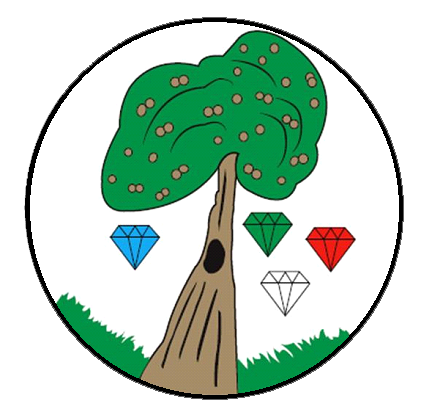Key Information
Online Safety
Reporting to CEOP
CEOP works to keep children safe from sexual abuse and sexual grooming online. You can report to us if you are concerned that a child is being sexually abused or sexually groomed online. This can be from someone they know in person, or someone they have only ever met online. If you think a child is in danger right now, please call 999.
